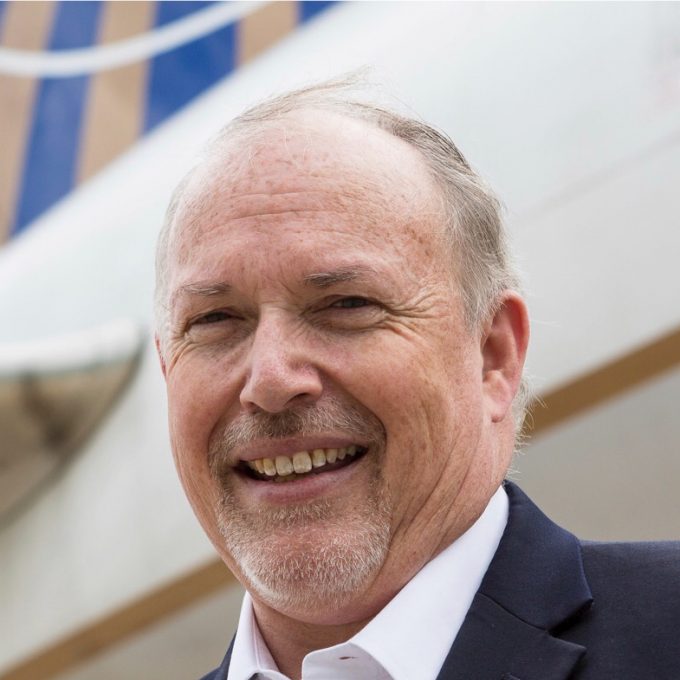Changes at WCAworld as veteran leaders retire
Retirements at WCAworld have seen a set of management changes for the forwarding network. Bruce Cutillo, ...

IATA is set to lose yet another cargo veteran at a time when, arguably, it needs them most, with the voluntary redundancy of Michael White, president of IATA’s US cargo offshoot, Cargo Network Services (CNS).
Forwarders have expressed concerns over the move, which will result in changes to CNS.
Mr White, who has been at CNS for more than 12 years and helmed it for nearly three, will leave the organisation at the end of the year.
The news follows the recently announced ...
Asia-USEC shippers to lose 42% capacity in a surge of blanked sailings
USTR fees will lead to 'complete destabilisation' of container shipping alliances
New USTR port fees threaten shipping and global supply chains, says Cosco
Outlook for container shipping 'more uncertain now than at the onset of Covid'
Transpac container service closures mount
DHL Express suspends non-de minimis B2C parcels to US consumers
Zim ordered to pay Samsung $3.7m for 'wrongful' D&D charges
Flexport lawsuit an 'undifferentiated mass of gibberish', claims Freightmate

Comment on this article